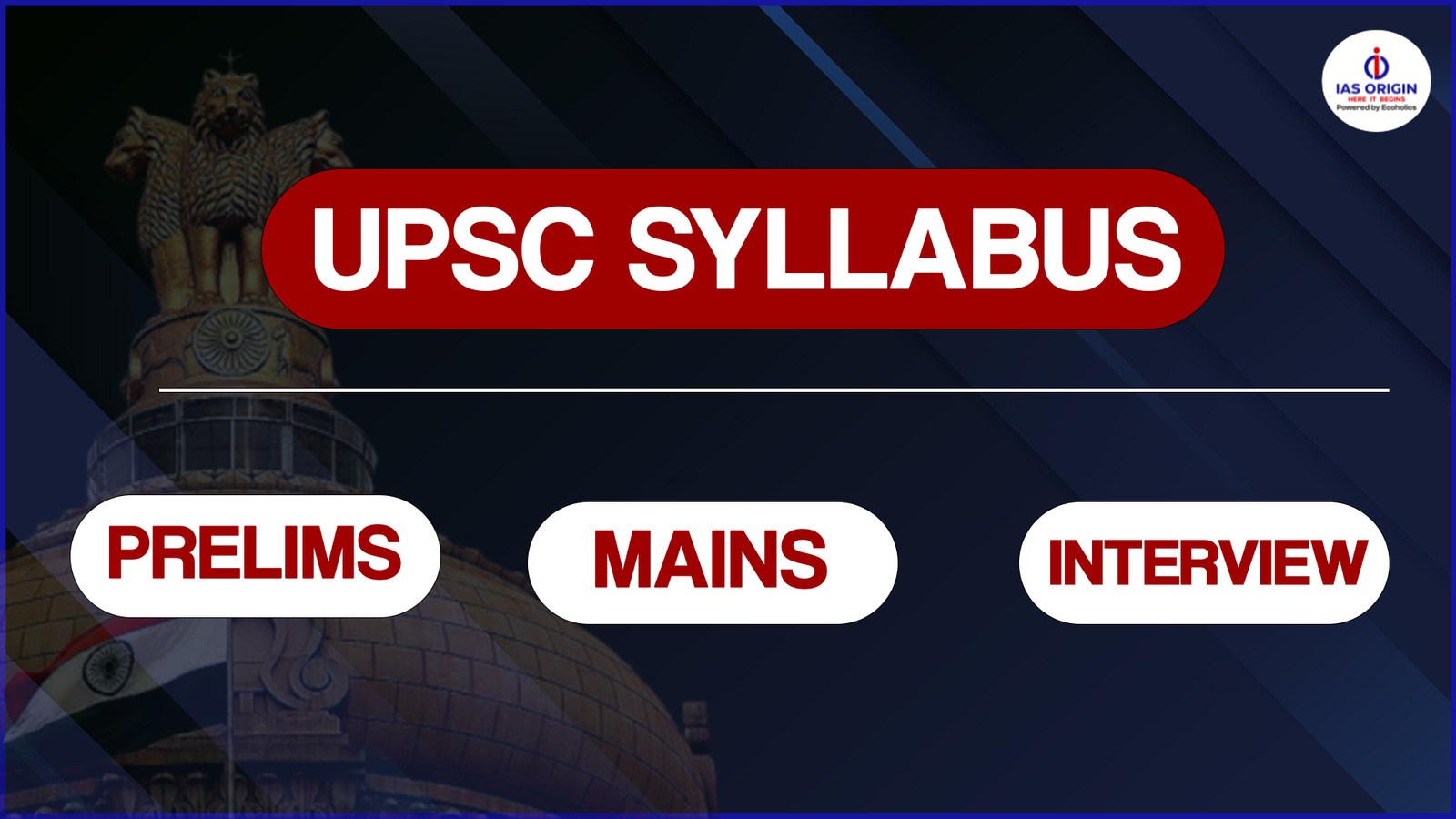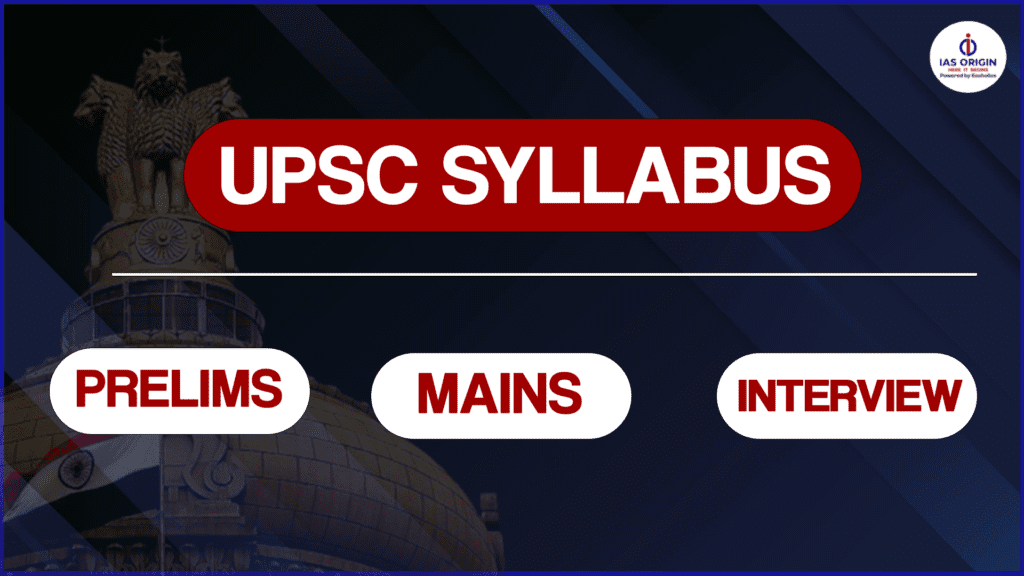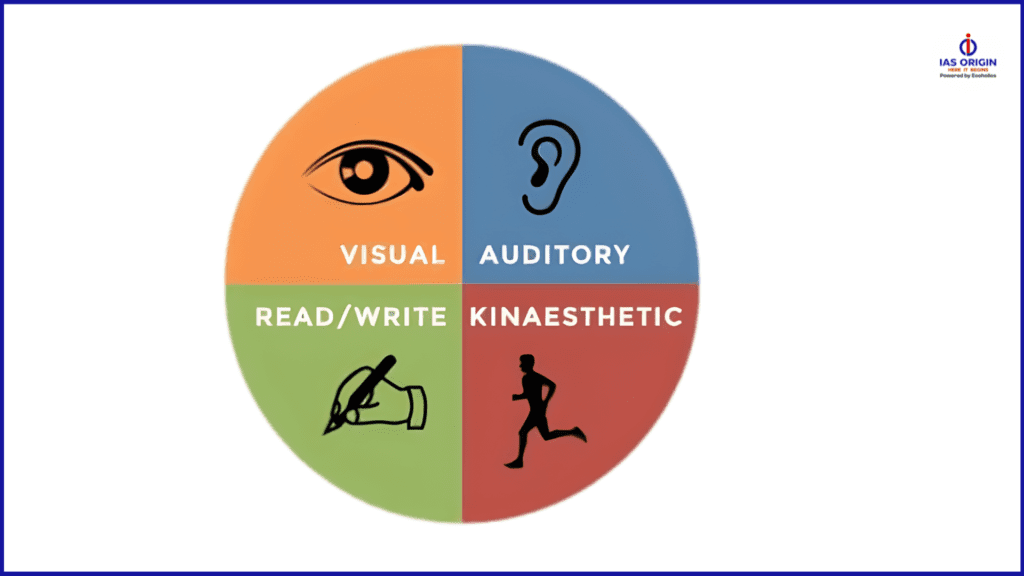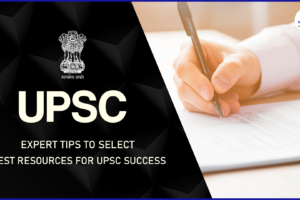
Smart Hacks to Clear UPSC CSE in First Attempt: For Beginners
- UPSC CSE preparation is daunting, and cracking the exam is a dream.
- Clever hacks can help beginners clear UPSC CSE on their first attempt.
Cracking UPSC CSE is a daunting task, especially if it’s your first time, but these smart hacks could increase your chances of becoming a civil servant. The challenge becomes intense for beginners as they lack prior knowledge and experience attempting the paper in an authentic setting. You might plan to work hard, but if you intend on working smart, you would need some smart hacks.
Smart studying is believed to be all about efficient studying methods, meaning you try to achieve more in less time. In a conventional sense, an aspirant works hard, cramming up the syllabus for 8-10 hours daily, sacrificing many things, and still uncertain about the results. But if they use these smart hacks for UPSC CSE, they can significantly increase their chances of walking through the gates of LBSNAA.
Related Read: A Comprehensive Guide to Understand UPSC CSE Examination
Befriend the Syllabus & Understand the Pattern

A famous quote from Art of War says: “If you know the enemy and know yourself, you need not fear the result of a hundred battles.” Understanding the syllabus and exam pattern provides a detailed map of all the hurdles, passageways, and routes to the final destination. An aspirant must know their capabilities and plan the journey accordingly.
Aspirants are advised to deconstruct the vast and seemingly never-ending syllabus into palatable chunks for Prelims and Mains. Moreover, a thorough grasp of the syllabus helps identify key focus areas, ensuring a targeted and efficient preparation. Different topics carry varying weights in the exam, and understanding the pattern lets you prioritise your study schedule accordingly.
Analyse past question papers extensively; it would give an idea of recurring themes, question patterns and weights given to different sections. Aspirants could need clarification with the plethora of study material available. They should conduct thorough research and pick high-quality textbooks, online resources and coaching materials that align with their learning style and budget. Aspirants should remember that less is often more and focus more on an in-depth understanding of topics rather than superficial coverage.
Learn in Multiple Ways: Avoid Redundancy

UPSC CSE preparation is a marathon and years-long journey; aspirants must study for 8-10 hours daily for months. Daily doing the same task could be monotonous, boring, and stressful. Learning in multiple ways and avoiding redundancy could be among the best intelligent hacks for UPSC preparation.
Every aspirant has a unique learning capability and style, and it can be crucial to change the learning style that caters to their specific needs. Three major learning styles are visual learners, auditory learners, and kinesthetic learners. Identify your style so you can either stick to one or create an amalgamation of the best style that suits your strategy.
Different Learning Styles

Visual learners can use mind maps, diagrams, flowcharts, and infographics to understand complex concepts better. Auditory learners can listen to podcasts, lectures and discussions to reinforce their learning and solidify their understanding of topics. Kinesthetic learners can engage in group discussion activities, extensively practise answer writing skills, go for mock tests and strategically alter their preparation strategy.
By incorporating different methods, aspirants encounter information from various angles that lead to deeper understanding. Combining visual aids with textual explanations can simplify intricate concepts and make them easier to remember. Practising different learning methods encourages active recall, strengthens memory, and dramatically improves knowledge retention.
Actively switching between learning styles keeps the preparation journey fresh and engaging, preventing boredom and burnout. Different methods spark unexpected insights and connections, leading to a holistic understanding of the syllabus. By prioritising high-yield resources and learning methods that deliver maximum results, aspirants can increase their chances of success.
Reading Multiple Subjects in a Day & Avoiding Multitasking
Reading multiple subjects daily and avoiding multitasking can harm UPSC CSE preparation. The UPSC syllabus is vast, and reading various subjects daily can help connect the dots and look at the bigger picture. Aspirants are also highly advised to avoid multitasking, as it might not bring the desired results.
A strategic daily schedule of learning multiple subjects could keep your mind fresh and engaged and avoid monotony if you are a working professional preparing for UPSC or have other commitments that reduce your preparation time. Jumping between different subjects allows aspirants to use study hours efficiently.
Cons of Reading Multiple Subjects UPSC CSE
Jumping between subjects can be tedious; if an aspirant is not careful, they might gain superficial knowledge. With a proper strategy of reading multiple subjects, aspirants might grasp the key concepts. Plus, this switching can be mentally taxing and lead to cognitive overload.
Devoting less time to each subject could lead to sacrificing the opportunity for deep analysis and critical thinking. Both can be detrimental to UPSC preparation and require a deep understanding of complex topics. It would be like eating multiple dishes in a buffet but not savouring the taste of even a single dish.
Avoiding Multitasking at All Costs UPSC CSE
Even if the benefits of reading multiple subjects per day can be debatable, it is crucial to avoid multitasking at all costs. Experts believe that multitasking is counterproductive and causes more harm than good. When aspirants try to do multiple things simultaneously, their attention gets divided and concentrating on a single task becomes difficult.
Multitasking also leads to carelessness and mistakes that impact final results. Juggling multiple tasks is like hitting moving targets with numerous arrows fired at once while riding a horse facing backwards. You should be doing more than one task the way it should, so how can you expect the best results?
Effective Filtering Methodology UPSC CSE
The UPSC CSE syllabus and preparation scenario is like a mixture of relevant and irrelevant information. As a first-time aspirant, you must develop an effective filtering system and know what to study and avoid. During the UPSC preparation journey, aspirants are bombarded with an ocean of information, and failing to filter the correct information could lead to failure.
It’s a fact that the UPSC CSE syllabus is vast, and the examination pattern is demanding. Aspirants must be able to prioritise high-yield information relevant to the examination and filter the unwanted information. UPSC CSE preparation requires strategic time management. Filtering helps appropriately allocate resources and focus on the most important topics, questions and study materials.
Effective filtering involves:
- Critically evaluating information, syllabus, and exam patterns.
- Drawing connections between different topics.
- Cultivating critical thinking skills.
A deep understanding of the syllabus and each subject within the syllabus helps in filtering irrelevant details. Relying on Official UPSC documents, established textbooks, and expert-recommended materials is detrimental.
Establishing their filtering methodology could be challenging for a beginner aspirant. Talking to seniors and mentors can help, but actively engaging in understanding the nuances of UPSC CSE preparation, syllabus, exam pattern, and other relevant details could help develop an effective filtering methodology.
Planning the Correct UPSC Strategy

Achieving dream success in the UPSC CSE examination requires a perfect amalgamation of a well-defined strategy and avoidance of negative marking. A well-defined strategy includes a deep understanding of the syllabus and exam pattern, self-assessment, choosing the right resources, prioritisation & time management, practice & application, seeking guidance when required, etc.
When an aspirant understands the weightage of each subject, the types of questions asked, time limitations, etc, forms a solid base for targeted preparation. Identifying your strengths, weaknesses, opportunities and threats (SWOT) provided self-assessment helps aspirants customise their strategy and focus on areas of improvement.
Selecting high-quality study materials aligned with the syllabus is a crucial point in UPSC’s strategy. Striking a balance between textbooks, coaching materials, online resources, and current affairs could provide groundwork for success. Prioritising on high-weightage subjects and topics is detrimental.
Practising answer writing skills, going through mock tests, and analysing previous year’s question papers help you practise your knowledge. Proper practising helps in applying that knowledge in the exam. Aspirants might need some expert guidance along the way; joining a coaching class and connecting with mentors, experts, and seniors can help immensely.
Avoiding Negative Marking UPSC CSE

Imagine sitting in the exam hall, having prepared for years; you must avoid negative markings. Take your time answering the questions, and aim for accuracy over speed. Careful analysis of each question and eliminating incorrect options could narrow your choices and lead to the right answers.
A negative marking is like a hole in your boat that could sink your UPSC boat before it reaches its destination. If you need more clarification on your answer, avoid it. Regularly practise mock tests with negative markings, build a habit of identifying correct answers and sharpen your decision-making skills under pressure.
A calm mind helps better analyse the question and options, which could lead to more correct answers. Aspirants should not panic if they encounter a difficult question; they should instead focus on the questions they are confident about. Focusing on accuracy and keeping a calmer mind helps avoid negative marks.
The UPSC CSE preparation is a daunting task for every aspirant, especially for beginners. Incorporating innovative techniques and methods like befriending the syllabus, learning in multiple ways, avoiding redundancy, reading various subjects, using effective filtering techniques, and having a comprehensive preparation strategy could boost your chances of success in the Union Public Service Commission Civil Service Examination.
At IAS Origin, we provide comprehensive guidance for success in UPSC preparation. We bring expert Delhi faculty to you, provide one-to-one mentorship, self-study kit, hard-copy GS study material delivered to your doorstep, test series, etc. At IAS Origin, we believe every aspirant can become a successful civil servant. Book your slot for free guidance today.




1 Comment
Great blog with helpful tips for UPSC beginners! I agree that understanding the syllabus and focusing on key areas is crucial. The advice on using different learning methods to stay engaged and avoiding multitasking is spot on. The filtering approach for managing the vast syllabus is also a smart strategy. Thanks for sharing these useful hacks!